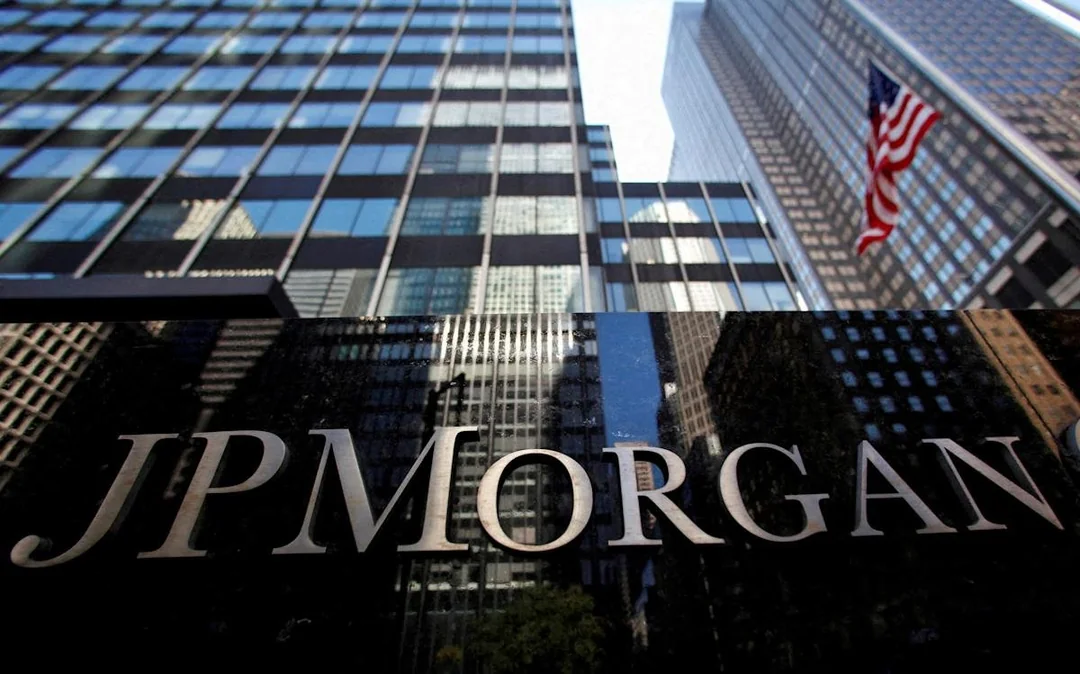JPMorgan Warns Recession Unavoidable Even If Tariffs Halted Immediately

New York, April 7, 2025 — JPMorgan Chase & Co. has issued a grim warning that a U.S. recession is now “virtually unavoidable,” even if the recently escalated trade tariffs are lifted immediately. The financial giant’s latest economic outlook cites deep-rooted structural pressures, declining consumer confidence, and prolonged damage from supply chain disruptions as key indicators pointing toward an economic downturn.
The firm’s chief economist, Michael Feroli, emphasized in a Monday morning note to investors that the ongoing volatility triggered by rising tariffs—particularly in U.S.-China trade relations—has already had a lasting impact on corporate investment, consumer sentiment, and global demand.
“The economic damage has already been done,” Feroli wrote. “Even in the best-case scenario where all tariff measures are rolled back today, the momentum toward a slowdown has already taken root across key sectors.”
Tariff Tensions and Market Impact
Last month, the U.S. imposed a new wave of tariffs on over $100 billion worth of imports, escalating tensions with China, the European Union, and other major trading partners. The retaliatory measures from these nations have compounded pressure on U.S. exports, particularly in the agriculture, automotive, and tech industries.
JPMorgan notes that investor sentiment has sharply declined, with equity markets experiencing heightened volatility and bond yields continuing to signal economic distress. The yield curve inversion—a historically reliable predictor of recession—has now persisted for over two weeks, raising alarm bells among economists.
Key Economic Indicators Flashing Red
- Manufacturing output has declined for the fourth consecutive month.
- Consumer spending growth slowed to just 0.3% in March, down from 1.1% in January.
- Corporate earnings guidance is being revised downward across the S&P 500.
- Unemployment claims rose by 12% in the last two weeks of March, suggesting weakening labor market conditions.
According to JPMorgan, even with immediate policy shifts—including interest rate cuts and fiscal stimulus—the lag in economic response could extend the downturn well into 2026.
Policy Options Running Thin
The Federal Reserve is facing increasing pressure to act swiftly, but JPMorgan warns that monetary tools may be limited in offsetting the cumulative effects of prolonged trade uncertainty and deteriorating business investment.
“The Fed can help cushion the blow, but it cannot undo the damage done to global supply chains and business planning cycles overnight,” Feroli added.
Global Ramifications
The warning from JPMorgan comes amid growing fears of a synchronized global slowdown. Europe’s largest economies are already on the brink of contraction, and China’s GDP growth is expected to drop below 4% for the first time in decades.
Economists globally are now adjusting their forecasts, with several major institutions, including Goldman Sachs and Morgan Stanley, echoing similar concerns over the diminishing window for a soft landing.





